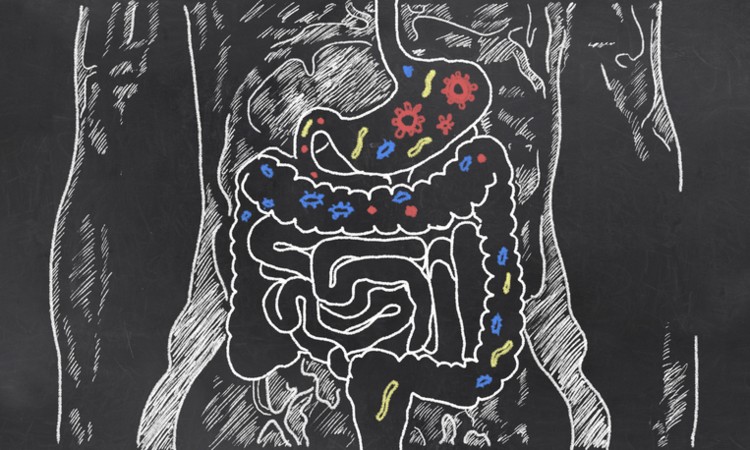In this article I hope to explain mucoid plaque and why we absolutely need it in the gut. But not in excess. Some health regimes that aim to remove it are dangerous and extremely misleading. Even if you stopped consuming all inflammatory foods or lived the life of a breatharian, with very little consumption, mucoid plaque in small amounts is an essential part of our defence mechanism.
How is mucoid plaque produced?
When the gut is compromised, immune cells start to kill bacteria in the gut. This releases an endotoxin in the bacterial membrane of the gut. This then gets into bloodstream and binds to LDL cholesterol. A complex mechanism produces mucin. A slimy visco-elastic material that coats all mucosal surfaces.
Inflammation = mucoid plaque production
This means every time that your gut is inflamed from consuming inflammatory foods, an autonomic nervous response (aka stress), food intolerances or other underlying digestive health problems, your LDL increases pro inflammatory cytokines resulting in production of plaque.
Gut cells secrete mucous it is important because it separates immune cells from bacteria. Which in tern prevents the inflammation cascade causing endotoxins. But in order for your gut cells to make mucin they require energy in the form of short chain fatty acids. The best way to generate these is viafermented fibres.
Fermented Fibres
Fermented fibres include sauerkraut, barley, wheat germ, insulin, apples… Most fermented fibres are soluble fibre. For more of an overview on different kinds of fibre see here.

Bacteria (over 100trillion in the gut) then ferments this into short chain fatty acids. Acetate butyrate lactate, propionate, 60-90% of that goes to epithelial cells and fuels them to make mucin to make barrier strong so immune cell are not coming in contact with bacteria.
Gut bacteria eats fibre, therefore if you have a low fibre diet you have low gut bacteria.
Lastly bacteria is mean to live in the bowel, not the small intestine, this causes SIBO (small intestinal bacterial overgrowth). A great means to detect if SIBO is present is by observing how you feel after eating fermented foods. If you are bloated it is likely that that bacteria is in the small intestine. Speak to one of our Naturopaths for correct diagnosis and treatment.
